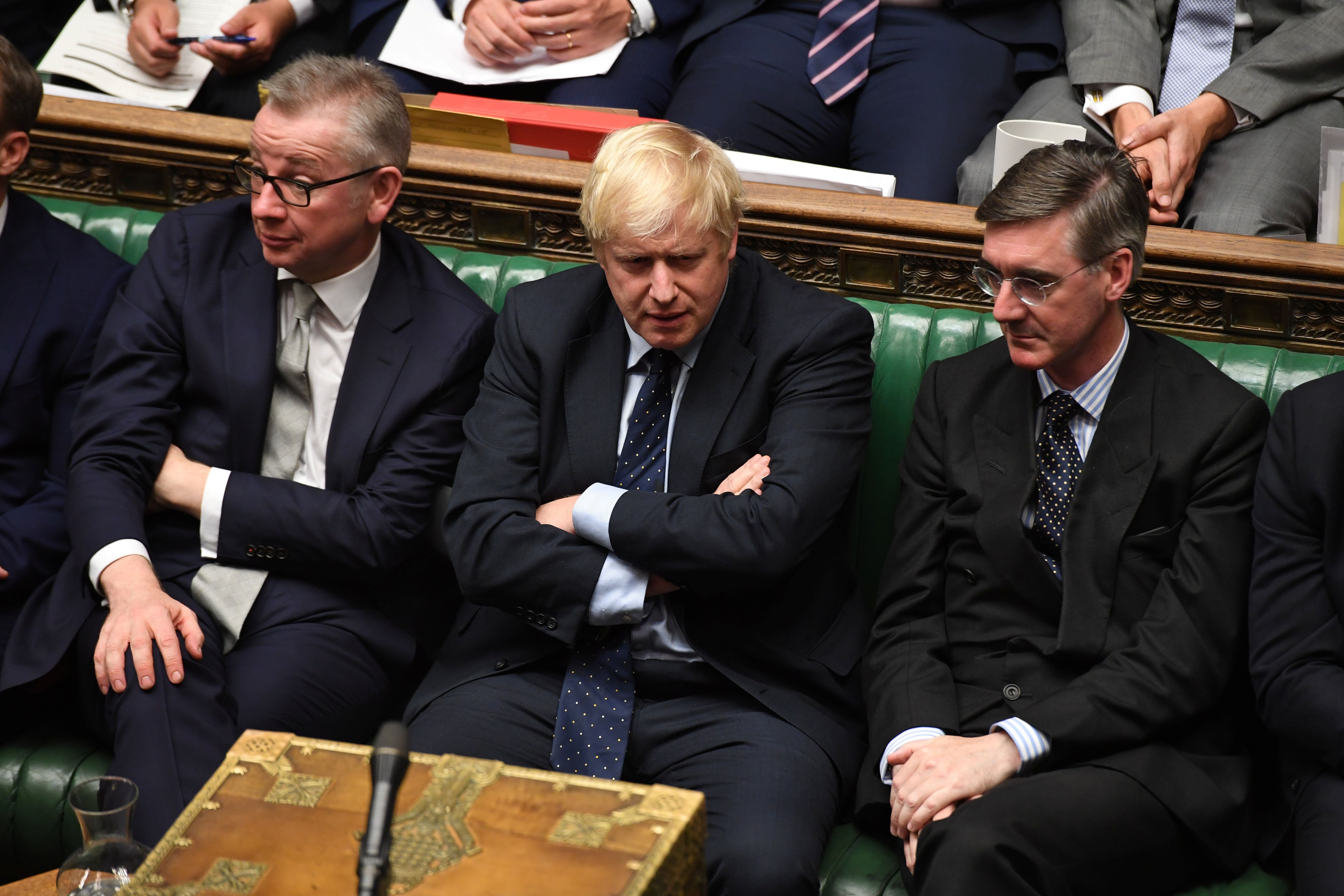September 05, 2019
New Conservatives – Following a dramatic few days of parliamentary combat over Brexit, Prime Minister Boris Johnson no longer leads the same Conservative Party he inherited just six weeks ago. Gone are 21 members, some of them with decades of service to the party, who were expelled for voting with the opposition to strip Johnson of control of Brexit negotiations with the EU. Gone too is Boris' younger brother Jo, who, according to wags on Twitter, quit the party on Thursday to "spend less time with his family." The prime minister can now encourage party members to select Brexit hardliners and Johnson loyalists for the Tory electoral list, reshaping the party in his own image. British voters will then decide, once the opposition agrees to elections, where that party will go.
Italy's new interior minister – Matteo Salvini built his case to lead the Italian government on a reputation for furious opposition to would-be migrants. (As interior minister, he closed Italian ports to asylum seekers.) Now that a spectacular political miscalculation has left him outside government, a change made official when members of the Five Star Movement voted to approve its party's coalition with the center-left Democratic Party, Salvini has been replaced as interior minister by Luciana Lamorgese, an official recently in charge of planning refugee and migrant reception centers in northern Italy. This move represents a sharp shift in Italy's immigration policies and a big political opportunity for Salvini, now in opposition.
China vs Foreign Retailers – On Monday, as students in Hong Kong skipped the first day of class to join pro-democracy protests, Spanish clothing retailer Zara temporarily closed four of its 14 stores across the city. A local newspaper then published an article speculating on whether the stores were closed in support of the protests. When the story hit social media giant Weibo inside China, many angry Chinese called for a boycott of the store. The store's parent company then issued a statement that stores were closed only because protests delayed the commute of its employees and expressed support for the principle that Hong Kong is part of China. Weibo users said an explanation is not enough and demanded an explicit apology. Zara isn't the first, and won't be the last, Western company caught in the crossfire of controversy inside China.
What We're Ignoring
Russia's Versailles academy – Russian businessman Andrey Simanovsky has a lot of money and very bad taste. Don't take the Signal team's word for that. Check out these photos from a suburb of the Siberian city of Yekaterinburg of the public school he just had remodeled with chandeliers, marble floors, gold-trim, and ceiling paintings of angels. What sort of food can students expect from the lunchroom? Let them eat cake.More For You
Think you know what's going on around the world? Here's your chance to prove it.
Most Popular
Donald Trump alongside Nigel Farage amid a television interview at his Trump Turnberry course in South Ayrshire during his visit to the United Kingdom, on May 3, 2023.
PA via Reuters
The US government will reportedly fund MAGA-aligned parties and think tanks in Europe. But with US President Donald Trump’s favorability in Europe so low, do they even want the money?
- YouTube
Zelensky agrees: elections matter #PUPPETREGIME
As more small businesses move sales, payments, and customer relationships online, they unlock new opportunities, but they also become easier targets for cyber-criminals and other threat actors.
© 2025 GZERO Media. All Rights Reserved | A Eurasia Group media company.
